Joyce Meyer once said, “I believe that the greatest gift you can give your family and the world is a healthy you.” Whilst true in part, good health isn’t just a gift you give to family and the world – it’s also the greatest gift you can give yourself.
After all, the utmost wish of every living man or woman is to be able to give that gift to themselves and their family. However, have we been able to attain that desire in full – and how easy is it to do so?
We tend to find this lofty desire has remained far from our reach for the main part. We find that living healthily demands much more carefulness and commitment than we can usually afford. As we get along in life, we find that more things that pose a serious impediment to our wish to remain healthy. To our dismay, we realize that food is one such hurdle.
However, we don’t merely give up and allow disease to overcome us. Rather, we’ll continue educating ourselves on how best to live, as well as what to eat and what not to eat, so as to achieve that desire of healthy living. In the spirit of education, this piece looks at some of the food substances with which we should be careful, because they are detrimental to our health.
1. Fats
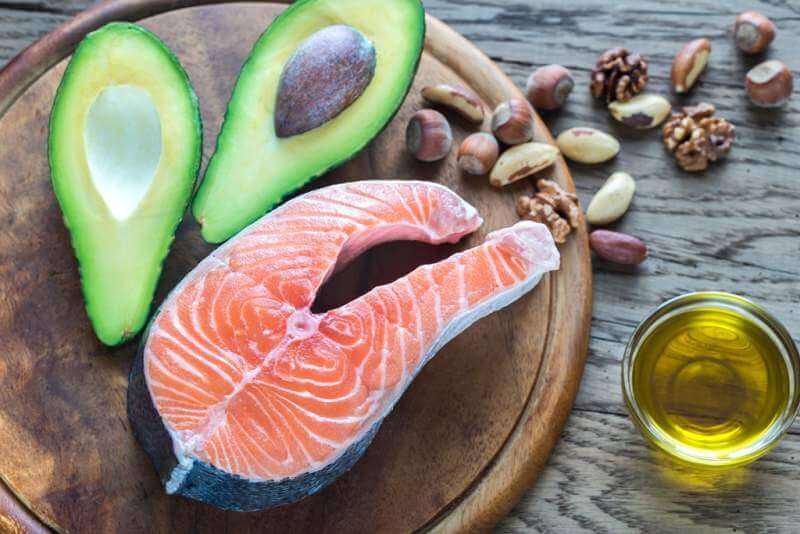 Fat can be a useful food substance. This is because it provides energy, minerals and vitamins to the body, as well as assisting muscle growth and preventing blood clotting. However, not all fats are so useful, as there are some that are quite detrimental to human health. Therefore, a text from Harvard Health Publishing distinguishes between bad fats and good fats.
Fat can be a useful food substance. This is because it provides energy, minerals and vitamins to the body, as well as assisting muscle growth and preventing blood clotting. However, not all fats are so useful, as there are some that are quite detrimental to human health. Therefore, a text from Harvard Health Publishing distinguishes between bad fats and good fats.
According to this account, a typical example of bad fats are trans fats, which result from a process called hydrogenation. This kind of fat can be found in foods like French fries, cookies and pastries. Trans fats pose a number of health dangers, such as the reduction of useful cholesterol in the body and an increase of the harmful variety. Trans fats also increase the likelihood of having a stroke and suffering heart disease and diabetes.
Good fats on the other hand are classified into monounsaturated and polyunsaturated fats. Sources of such include fish, nuts, seeds, avocado and vegetables. Good fats help in reducing the levels of harmful LDL cholesterol, prevents blood clotting, aids muscle growth, and more.
The bottom line is that we should stay away from food sources of bad fats and eat more of those that contain healthy fats.
2. Lectins
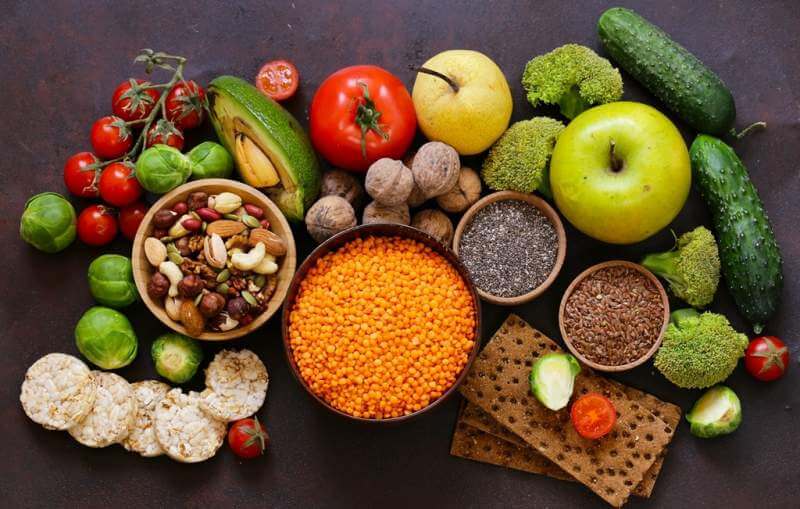 Lectins are proteinous substances in plants. They are known to perform protective functions in plants. Many food types contain high amounts of lectins. They include legumes (beans, peas, cashew, peanut, soybeans, etc.), whole grains (barley, corn, rice, oats, etc.), vegetables and fruits (tomatoes, eggplant, potatoes, cucumber, melon, string beans, etc.), and seeds (pumpkin, chia, sunflowers and more).
Lectins are proteinous substances in plants. They are known to perform protective functions in plants. Many food types contain high amounts of lectins. They include legumes (beans, peas, cashew, peanut, soybeans, etc.), whole grains (barley, corn, rice, oats, etc.), vegetables and fruits (tomatoes, eggplant, potatoes, cucumber, melon, string beans, etc.), and seeds (pumpkin, chia, sunflowers and more).
Unfortunately, lectins are highly dangerous to humans. Some of the health issues that lectins can be responsible for include stomach upset, food allergies, and weight gain. Worst of all, lectins have the capacity to stop the body from absorbing essential nutrients from the food we eat.
However, lectins are hard to avoid, as they are present in many of the foods we eat. The solutions might therefore lie in taking substances like Gundry’s Lectin Shield, which significantly reduces the effect of lectins in our body.
3. Sugar
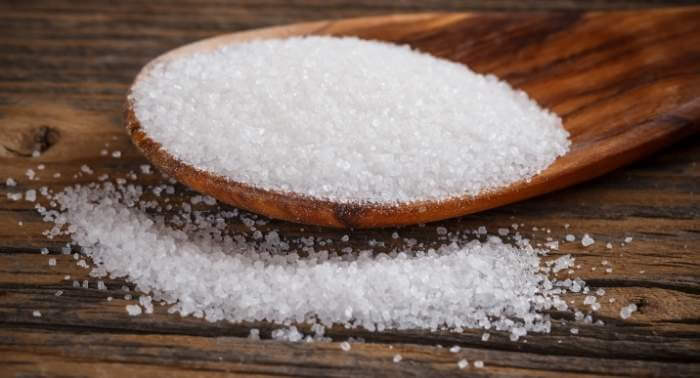 Like fats, sugar is a good source of energy, as it has high calorie content. It is therefore beneficial to the body if taken in moderate quantities. However, sugar is seldom taken in such conservative amounts. According to WebMD, “Americans average about 20 teaspoons of added sugars per day, compared to the recommended six teaspoons for women and nine teaspoons for men.”
Like fats, sugar is a good source of energy, as it has high calorie content. It is therefore beneficial to the body if taken in moderate quantities. However, sugar is seldom taken in such conservative amounts. According to WebMD, “Americans average about 20 teaspoons of added sugars per day, compared to the recommended six teaspoons for women and nine teaspoons for men.”
Therefore, sugar is not completely undesirable on its own, but is usually over consumed. Foods such as candy, baked goods, sweetened dairy products and sugary drinks are rich in sugar content. We should consume less of these foods, because when too great an amount is taken on board, sugar affects various essential parts (and organs) of the body, such as teeth, joints, brain, heart, kidneys and the liver.
Apart from the aforementioned substances contained in various food types, there are other ‘external ones’ to consider. They are referred to as external because they are not natural to the food we eat.
Rather, they are introduced into our food through man’s scientific endeavors. They include pesticides, preservatives and artificial colours, amongst others. These chemical substances and the ones discussed above leave us open to different health risks. Therefore, we have to be very careful how we consume foods that contain them, so as can live healthier lives.
4. Sodium nitrites and nitrates
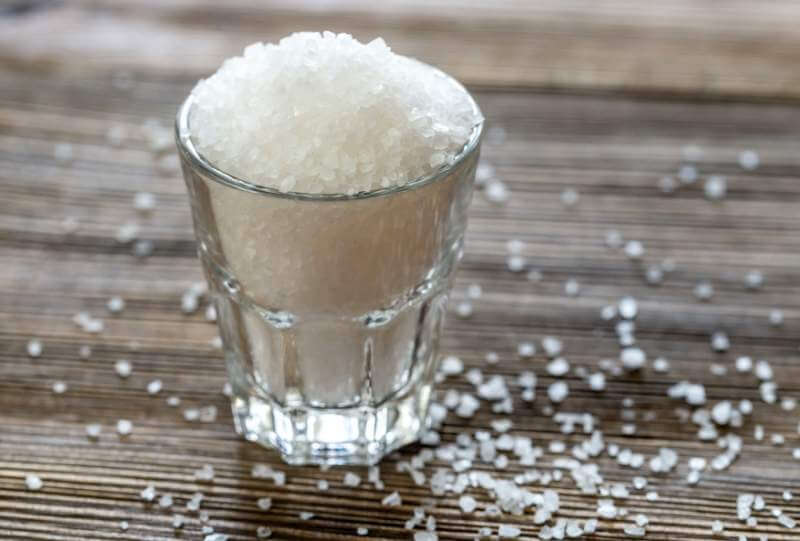 These are food additives that are used to preserve, sweeten and color processed meats like hot dogs, hams and bacon. Due to their carcinogenic composition, these substances have an adverse effect on the functioning of the liver and pancreas, the organs that are responsible for insulin production.
These are food additives that are used to preserve, sweeten and color processed meats like hot dogs, hams and bacon. Due to their carcinogenic composition, these substances have an adverse effect on the functioning of the liver and pancreas, the organs that are responsible for insulin production.
5. Monosodium glutamate (MSG)
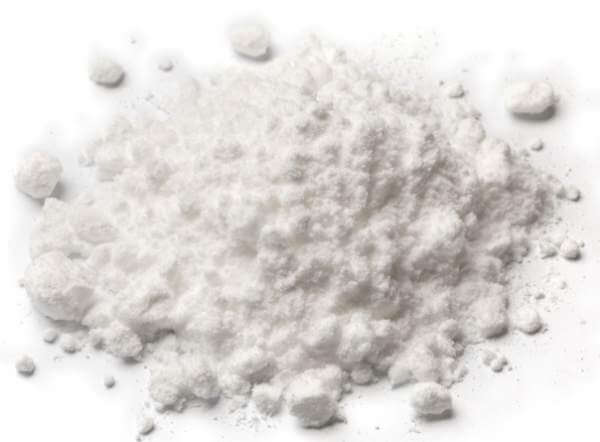 MSG is used as a flavor enhancer in soups, seasonings, frozen entrees, and many restaurant meals. But it can disrupt the brain cells in the hypothalamus, over-exciting. According to studies, this often leads to overeating as it increases hunger and triggers a crave for food.
MSG is used as a flavor enhancer in soups, seasonings, frozen entrees, and many restaurant meals. But it can disrupt the brain cells in the hypothalamus, over-exciting. According to studies, this often leads to overeating as it increases hunger and triggers a crave for food.
6. Butylated hydroxytoluene (BHT) and Butylated hydroxyanisole (BHA)
 These are usually used to preserve potato chips, cereals, and chewing gums. When they are consumed in large amounts, BHT and BHA can cause serious damage to your body, including disrupting your endocrine system and producing chemicals that cause cancer.
These are usually used to preserve potato chips, cereals, and chewing gums. When they are consumed in large amounts, BHT and BHA can cause serious damage to your body, including disrupting your endocrine system and producing chemicals that cause cancer.
7. Antibiotics
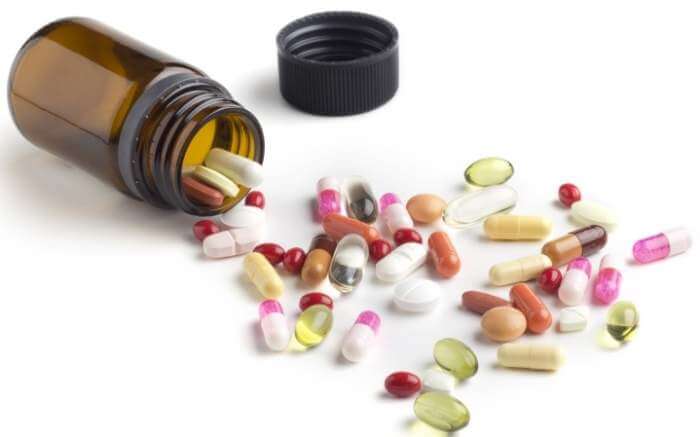 Farm animals administered antibiotics retain strains of those drugs in their meat which are passed on to our bodies when we consume them. Steady doses of antibiotics are harmful to the body, as they make it difficult to break down carbohydrates, synthesize hormones and absorb vitamins and minerals.
Farm animals administered antibiotics retain strains of those drugs in their meat which are passed on to our bodies when we consume them. Steady doses of antibiotics are harmful to the body, as they make it difficult to break down carbohydrates, synthesize hormones and absorb vitamins and minerals.
